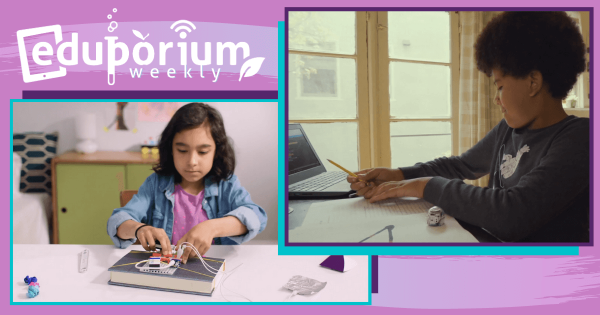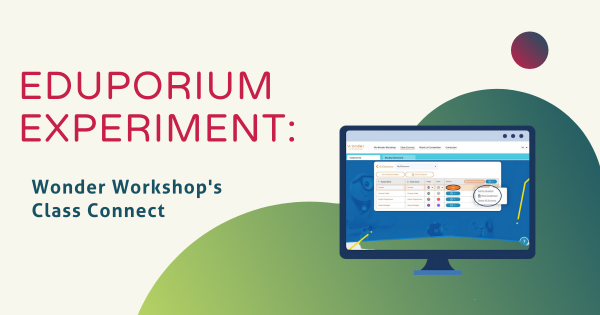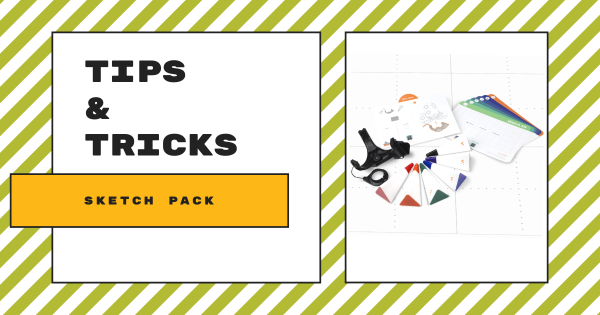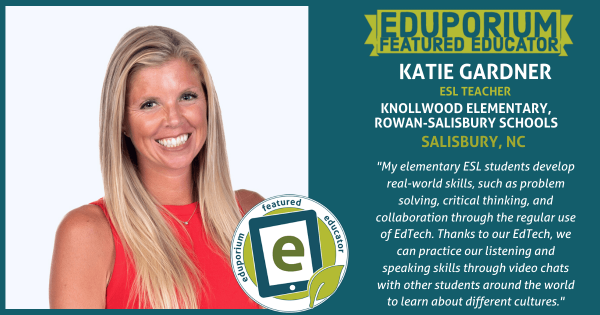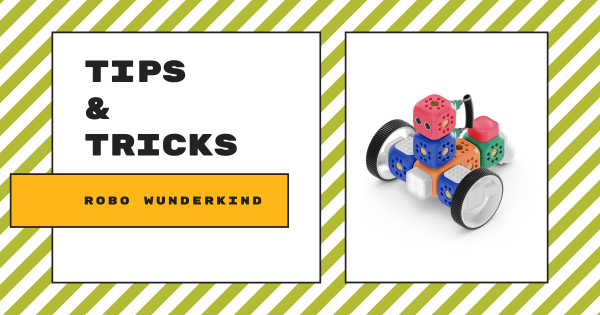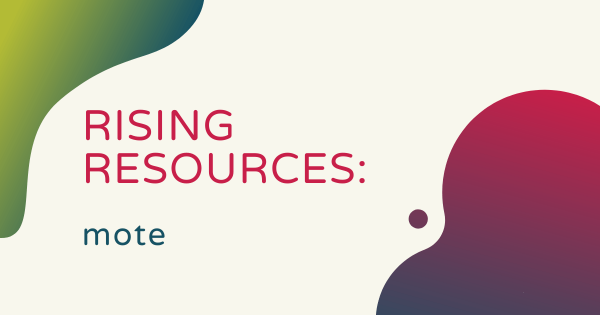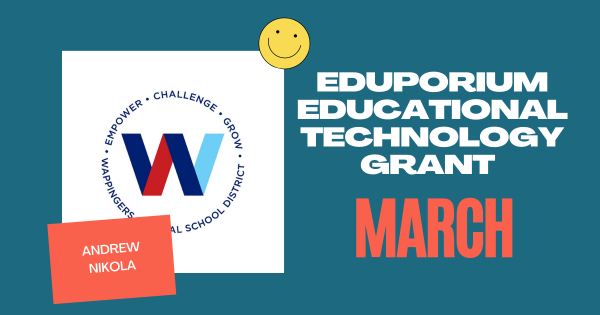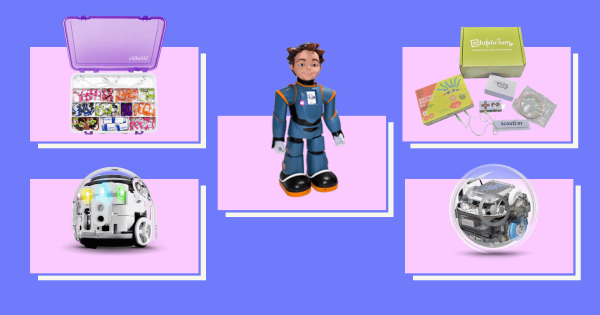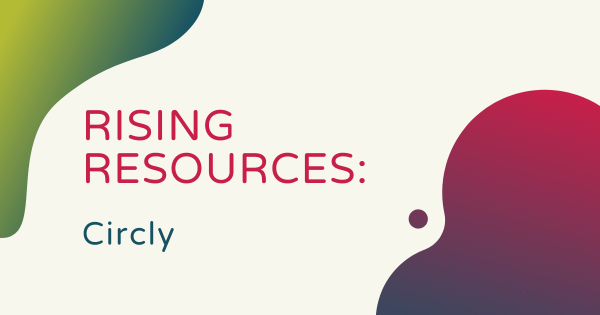PBL involves students working as part of a group most of the time on a community-focused project designed to affect authentic change. You can see how this might be tough to do in a remote environment, but a lot of progress has been made. It takes true teamwork, but PBL IRL (in remote learning) is certainly a possibility.
Eduporium Blog
-
Eduporium Experiment | Wonder Workshop's Class Connect
The Dash and Dot Robots are a favorite among educators when it comes to coding in school. Since many students are no longer able to enjoy this, however, coding in remote learning has become the next best thing. Using the virtual Dash robot, which can be accessed through Class Connect, students are able to continue their coding from home! -
Tips & Tricks | Wonder Workshop Sketch Pack Accessories
The first and most obvious thing that’s great about the Sketch Pack is that it allows students to truly combine STEM and STEAM. It provides a surface and a few accessories to turn the Dash or Cue into a writing utensil. Students can slide a marker into the specialized slot and then write programs that tell the robot how to -
Eduporium Featured Educator: Katie Gardner
We’re excited to share our latest Eduporium Featured Educator interview! This month, we hear from Katie Gardner, who’s an elementary ESL teacher in the Rowan-Salisbury School System in North Carolina. Katie has found great benefits from integrating various types of technology in her instruction. She’s even tried using AR tools with her ESL students! -
Tips & Tricks | Robo Wunderkind + Coding Apps
The Robo Wunderkind line allows early education students to get hands-on with building and programming robots. Designed for kids as young as five years old, each of the three kits feature constructible components for building robots. Once they build the robot they want, kids can program them using one of three mobile apps. -
Rising Resources | mote for Student Feedback
In the remote learning era, however, providing students with actionable feedback has become tougher. That’s how mote can help. A simple Chrome extension, mote empowers teachers to provide students with personalized feedback and save themselves a ton of time in the process. So, why is mote so efficient and great for 21st century education. -
March Grant Awarded to Andrew Nikola from the Wappingers CSD
We’ve awarded our EdTech grant for March to Andrew Nikola from the Wappingers Central School District in New York! Andrew works with students throughout K-12 and serves as one of the district’s innovation leaders. Learn more about how we’ll be helping them advance their district-wide approach to providing equitable hands-on experiences. -
VOTE for the STEAM Tools in Our Upcoming Webinars
Our webinars have been well attended so far starting with the Ozobot broadcast last December. We’re very grateful for the efforts of our partners and, now, we’re looking to expand these broadcasts. Head inside to cast your vote for what you want us to cover next as we work to expand our webinar series this spring. -
5 EdTech Tools for Combining STEM and SEL
Luckily, students still have the potential to use STEM tools to boost their overall social-emotional connections. It comes down to finding the right technologies and aligning those tools with accessibility and relevant projects. Other SEL tools are built more for the classroom and that’s okay, too. Here are a few of the best for combining SEL and STEM. -
Rising Resources | Circly in Remote Learning
Circly is characterized as a visual organizer platform that helps create easier collaboration. It’s free and can help all students organize and visualize ideas or help educators collaborate and learn with peers. Learn why we chose to explore Circly in the latest installment of our Rising Resources blog. Keep reading to learn more about it!



